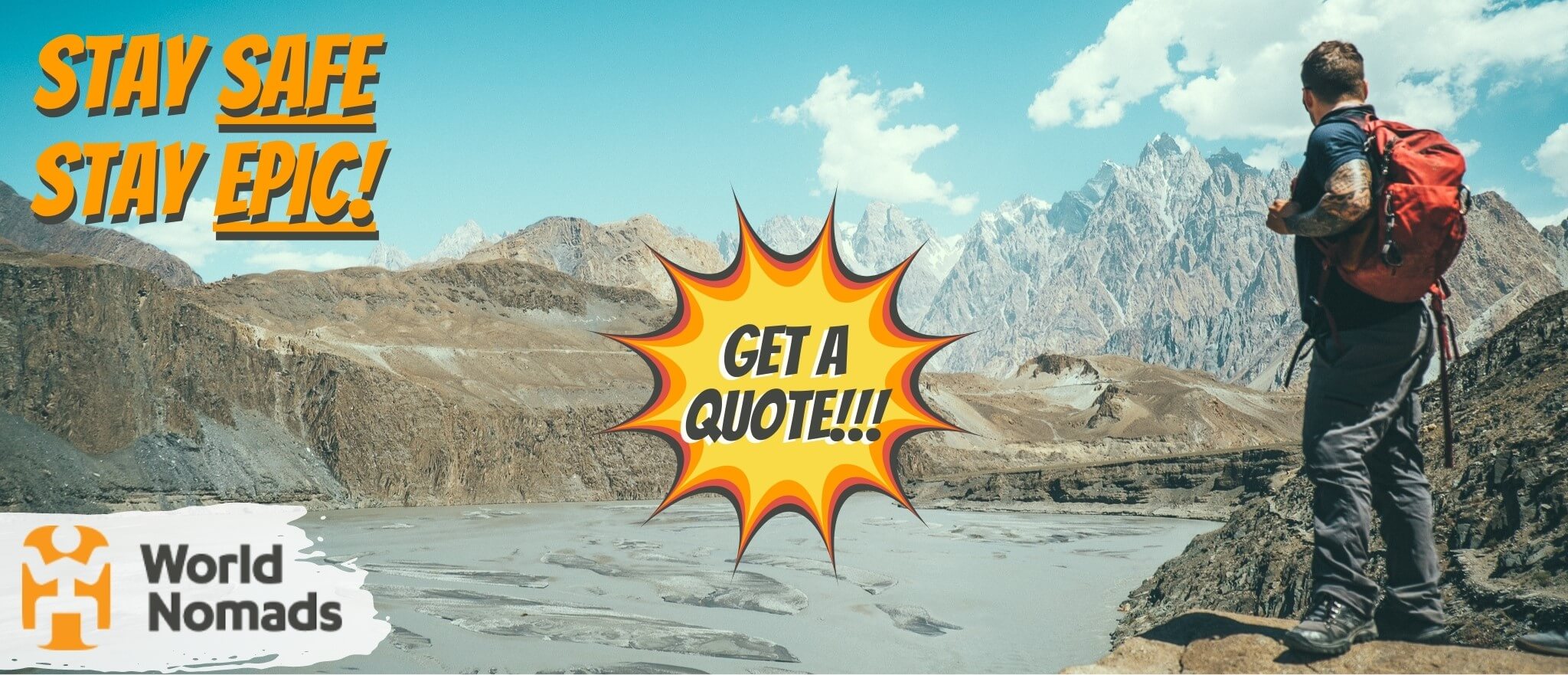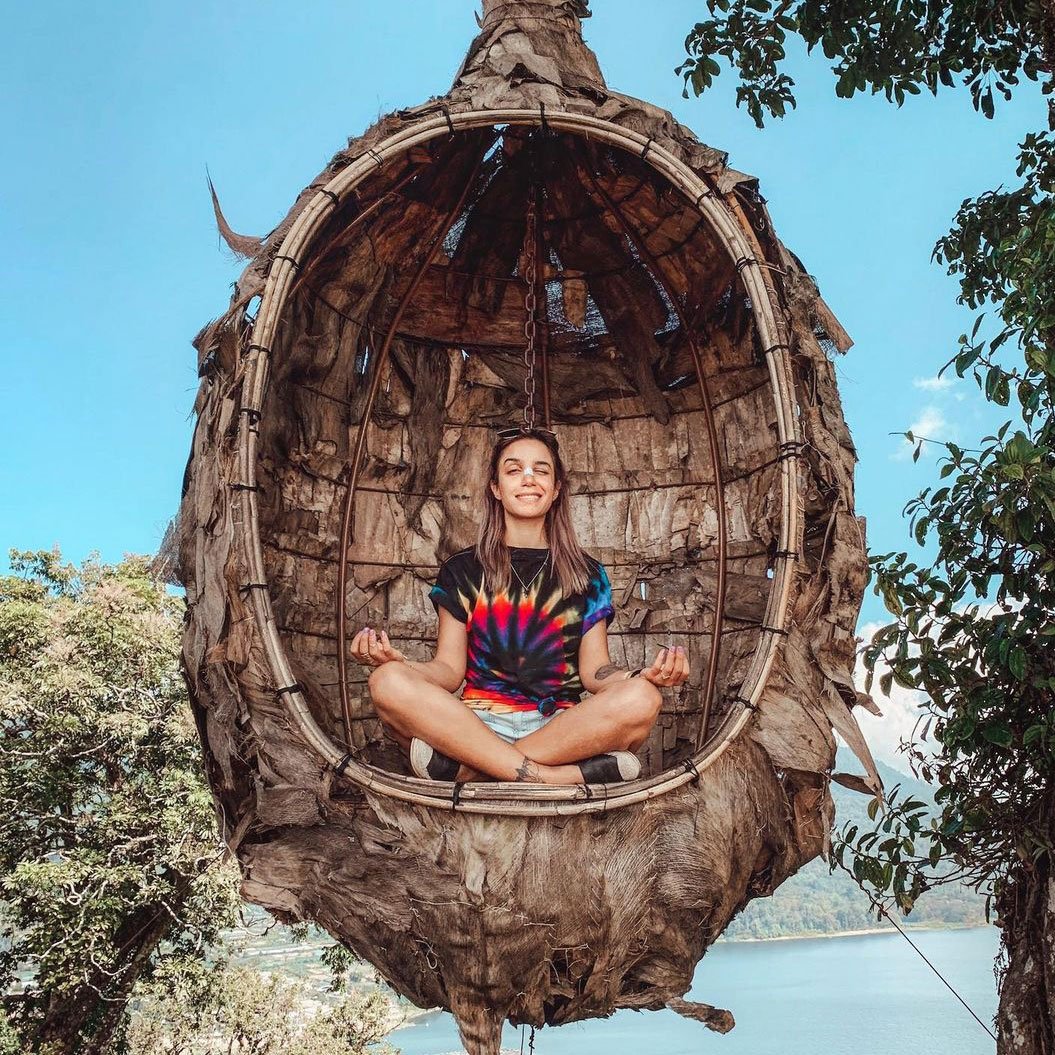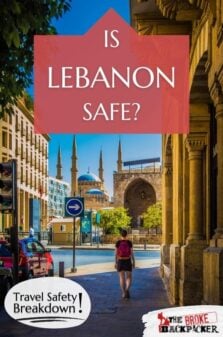Lebanon is a top class visit.
You can investigate strange ancient ruins. Sample the sensational Lebanese cuisine. Carve up some powder on Lebanese slopes. Lebanon is great!
Lebanon also happens to be wedged between some pretty brutal conflicts. Bordering both Syria and Israel (and that questionable little bit in between the two, the Golan Heights), Lebanon is directly connected to some of the most volatile regions in the middle east.
So naturally, you’re going to be wondering, “Is Lebanon safe?”
And that’s a fair question! To help you out, I’ve decided to create this EPIC insider guide to staying safe in Lebanon. Hopefully, we can lay concerns to rest, and give you the confidence to explore one of the world’s most underrated gems…
…Let’s jump into the specifics!
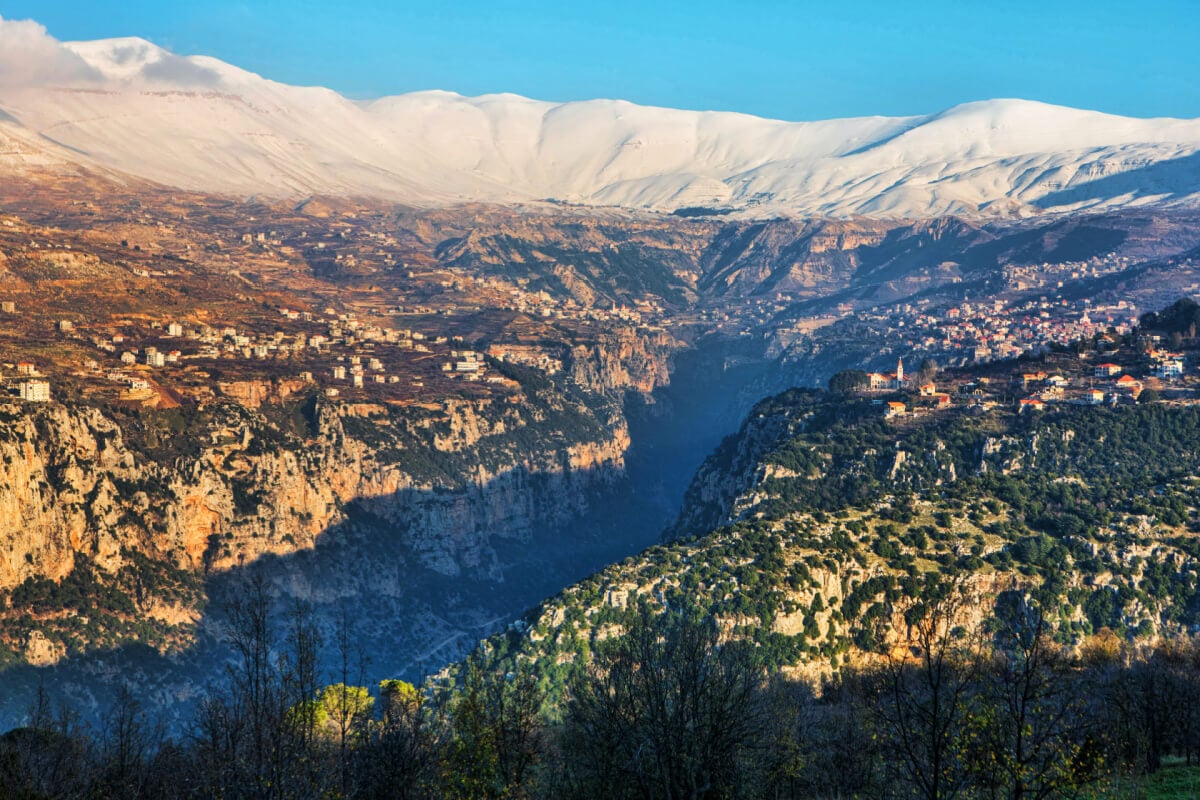
There is no such thing as a perfect safety guide, and this article is no different. The question of “Is Lebanon Safe?” will ALWAYS have a different answer depending on the parties involved. But this article is written for savvy travellers from the perspective of savvy travellers.
The information present in this safety guide was accurate at the time of writing, however, the world is a changeable place, now more than ever. Between the pandemic, ever-worsening cultural division, and a click-hungry media, it can be hard to maintain what is truth and what is sensationalism.
Here, you will find safety knowledge and advice for travelling Lebanon. It won’t be down to the wire cutting edge info on the most current events, but it is layered in the expertise of veteran travellers. If you use our guide, do your own research, and practise common sense, you will have a safe trip to Lebanon.
If you see any outdated information in this guide, we would really appreciate it if you could reach out in the comments below. We strive to provide the most relevant travel information on the web and always appreciate input from our readers (nicely, please!). Otherwise, thanks for your ear and stay safe!
It’s a wild world out there. But it’s pretty damn special too. 🙂

Unlock Our GREATEST Travel Secrets!
Sign up for our newsletter and get the best travel tips delivered right to your inbox.
- Is it Safe to Visit Lebanon Right Now?
- Safest Places to Visit in Lebanon
- 17 Top Safety Tips for Traveling to Lebanon
- Is Lebanon safe to travel alone?
- Is Lebanon safe for solo female travellers?
- Is Lebanon Safe For families?
- Getting Around Lebanon Safely
- Crime in Lebanon
- FAQs on Lebanon’s Safety
- So, is Lebanon Safe?
Is it Safe to Visit Lebanon Right Now?
Whilst there are a fair few factors you should consider before embarking on your trip, travelling to Lebanon is typically safe. However, there are places you should definitely avoid (like near the Syrian or Israeli borders, and Palestinian refugee camps).
In addition, Lebanon has experienced several aftershocks of the Turkey earthquake (with more expected) and has an ongoing economic crisis, which has led to some shortages of goods, including food, petrol, and medicine. This has contributed to some level of both political and economic instability. If you want to go, plan your trip carefully!
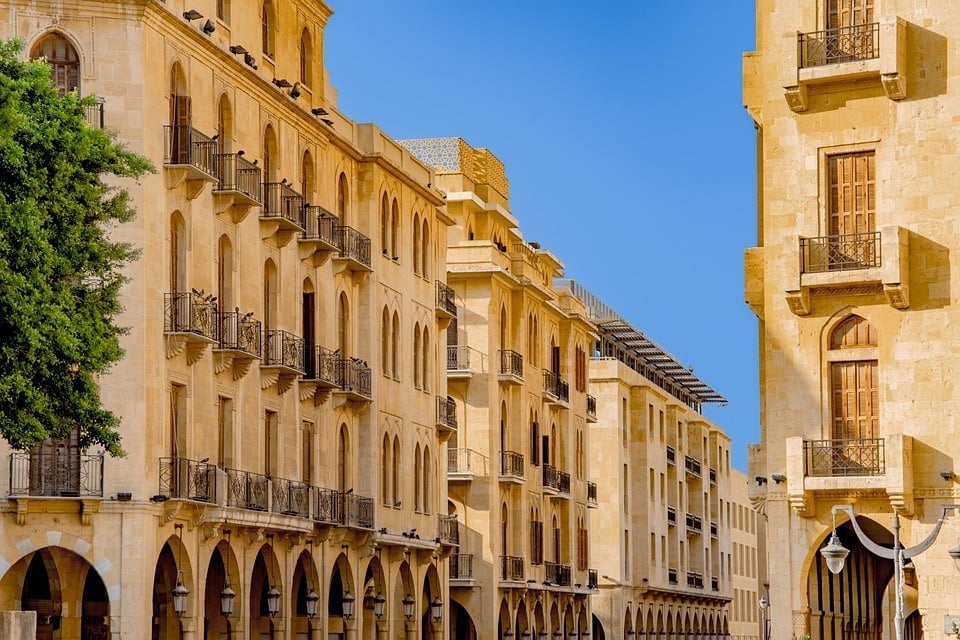
Large swathes of Lebanon are in fact very safe to visit. They are startlingly beautiful, the people are friendly, and since the media generally over-plays the danger here, it is under-visited.
Beirut in particular is doomed to be forever synonymous in the international psyche with explosions. The city was rocked in August 2020 by a huge blast that left over 30 people dead and over a thousand injured. The city has consequently experienced a humanitarian crisis.
Since then, the city has recovered, but you can still see the effect of the explosion. While it’s predominantly safe to visit right now, you should monitor local media to keep up with the current situation.
Due to these factors, and the terrorist threat posed by Lebanon’s geographical location, we can’t exactly say that it is super safe to visit Lebanon right now. There are too many warnings from governments across the world for us to give an unreserved ‘go-ahead’. However, I backpacked it myself in 2017 and felt extremely safe at all times.
And if you do decide to go, spending bucks on a Lebanon trip can help locals out a lot! Around 2 and a half million tourists visit Lebanon each year (if you’re into travel stats)
Safest Places to Visit in Lebanon
Despite what the media tells you, Lebanon is a great country to visit. And if you choose the right areas, it’ll be perfectly safe as well. To help you make the right decision, we’ve listed the safest places in Lebanon, as well as the no-go areas, below.
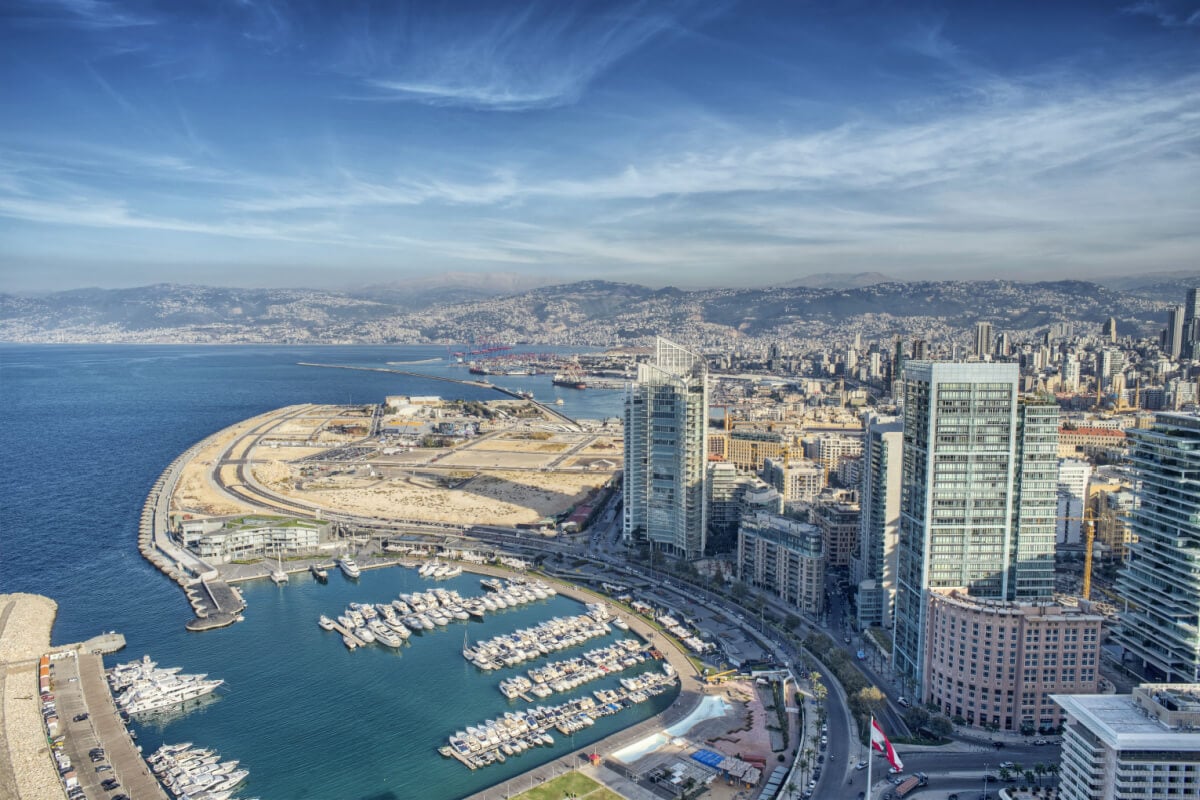
- Beirut: This might come to your surprise, but Beirut, Lebanon’s capital city, is one of the safest places in the country. Female travellers can dress normally here, the streets are well developed (although incredibly busy) and there’s a pretty cool nightlife scene. If you want to explore the rest of the country, basing yourself in Beirut is a good idea. Stay in the Hamra neighbourhood for some cool hipster and university vibes. Most of Beirut is safe, but you should avoid wandering south of the sports stadium and the Adnan Al Hakim road. There are still some pretty damaged areas.
- Batroun: Batroun is located north of Beirut and is a stunning coastal town. It’s known to be the most attractive, clean, medium-sized town in the region, so you’ll definitely have a blast. It’s also a nice getaway from the busy, and not-so-clean Beirut. The old port area is still an active fishing port where you will find the locals grilling their fresh catch, preparing the nets, and just generally chilling out by their boats when not out at sea.
- Bcharre: Bcharre is located just above the Kadisha Valley—one of the most historically and naturally significant valleys in the country. It’s a very laid-back and chill vibe, with lots of culture and tradition to explore. You’ll also be very close (around 15min) to the famous Cedars of God, some of the oldest and largest cedar trees on the planet.
Places in Lebanon to Avoid
You can’t go to every area of Lebanon. You should not be going to these places unless you have some serious self-preservation issues.
- Palestinian refugee camps (specifically Ain El Hilweh in Saida, unless you are with a guide),
- Within 5 kilometres of the border with Syria
- Within 5 kilometres of the border with Israel
- The Hermel area.
- The southern suburbs of Beirut are a ‘no-go’ owing to potential crime and extremism. The neighbourhoods of Bir Hassan, Ghobeiry, Chiyah, Haret Hraik, Burj Al Brajne, Mraije, Er Rouais and Laylake are included in this.
Thankfully, none of these places are areas that tourists would normally end up in, since there is nothing worth seeing anyway. If you are an explorer, it’s worth double-checking that you’re not walking into a potential terrorist hotspot whenever you plan to go to a new place.
Hezbollah
The Beqaa Valley is entirely controlled by Hezbollah, which functions as the proxy government. But it is in fact perfectly safe for travellers and Balbeek is not to be missed. You can even safely visit the Hezbollah museum at Mount Amil in South Lebanon.
Many governments advise against visiting Tripoli to the North although I, and many other travellers, did visit and found it perfectly safe. The warnings are related to sectarian tensions that occasionally erupt.
A fair few places in Lebanon aren’t safe for travel. That’s very clear. Everywhere else – though you should be careful – is open for business!
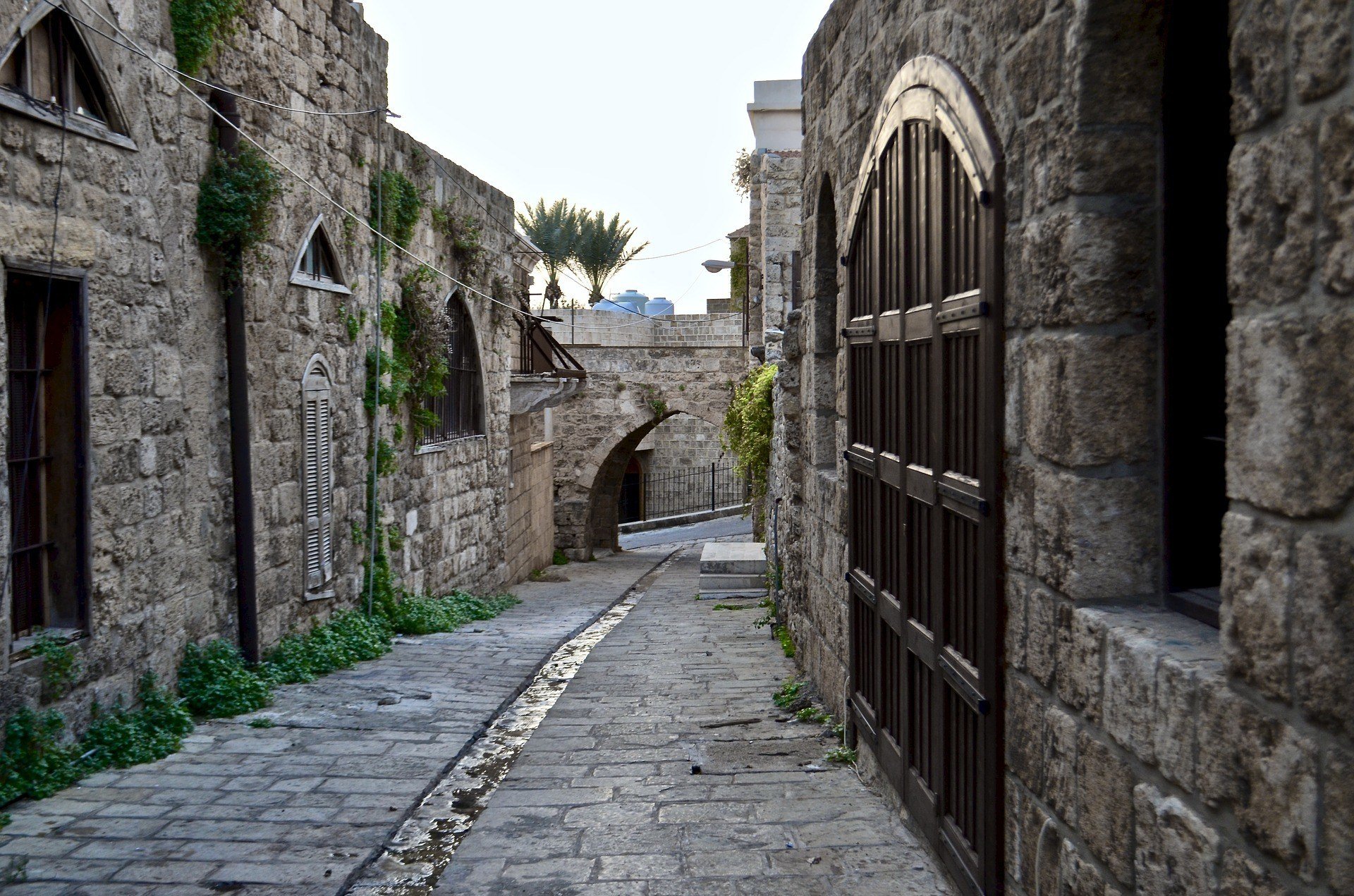
Government advice may be practically screaming ‘Don’t go to Lebanon!’ But we would disagree. There’s not been a war in Lebanon since 1991, the Lebanese-Israeli War lasted just one month and ended in 2006. The worst stuff in this country occurs from the residue of other conflicts. Still, it’s a very volatile part of the world, so apart from general travel safety tips, here’s some specific safety advice for when you feel like going to Lebanon!
- Celebratory gunfire is common – to speeches, victories, and political demonstrations. If you hear it, head into a building!
- Stay aware of the security situation – watch TV, listen to the radio, check Twitter, whatever – things can change quickly.
- Take care around BIG events – people attending large gatherings, sports events, that sort of thing – they can be targets of terrorist attacks
- Yes, there is a threat of terrorism – there’s not a lot you can do about it, but stay vigilant.
- Don’t wander off the beaten track – we mean literally. There are plenty of landmines still out there. Maybe use a guide.
- Listen to police/officials – there are plenty of military checkpoints. If you’re stopped, comply. They’re there for your safety.
- Don’t take photos of military sites – it’s kind of obvious. Why would you? Snapping pics of anything that isn’t an obvious tourist sight might get you pulled aside.
- Respect local traditions – Be aware of how you’re behaving and how it could offend people, e.g. eating in public during Ramadan.
- Dress modestly when you go to religious sites – If it looks like other people are covering up, then you should too.
- Do NOT use drugs in Lebanon – use of cannabis is widespread but police CAN use entrapment techniques. Even a small quantity is an offence that could land you in prison.
- Refrain from same-sex public displays of affection – LGBTQ travellers, take note. This is punishable with prison time.
- Learn a bit of Arabic – this can help keep you safe, help you get around the country, help you eat, etc.
- Look after your belongings – don’t walk around with your bag open or anything like that. It’s not common, but thieves DO exist.
- Similarly, don’t walk around looking wealthy – It won’t help you stay out of trouble.
- Don’t carry loads of money around with you – It’s better if it’s not there to steal, or go missing, in the first place. You can secure extra cash you think you’ll need in a security belt.
- Carry your ID around at all times – you’ll need to show it if someone official asks for it. A copy will do.
- There are earthquakes in Lebanon – knowing what to do in the event of a big one will keep you safe.
Surprisingly, outside of the things that governments are warning people about (and scaring them away from Lebanon in the process), this country is pretty safe. Crime levels are relatively low and it’s one of the more stable Middle Eastern countries.
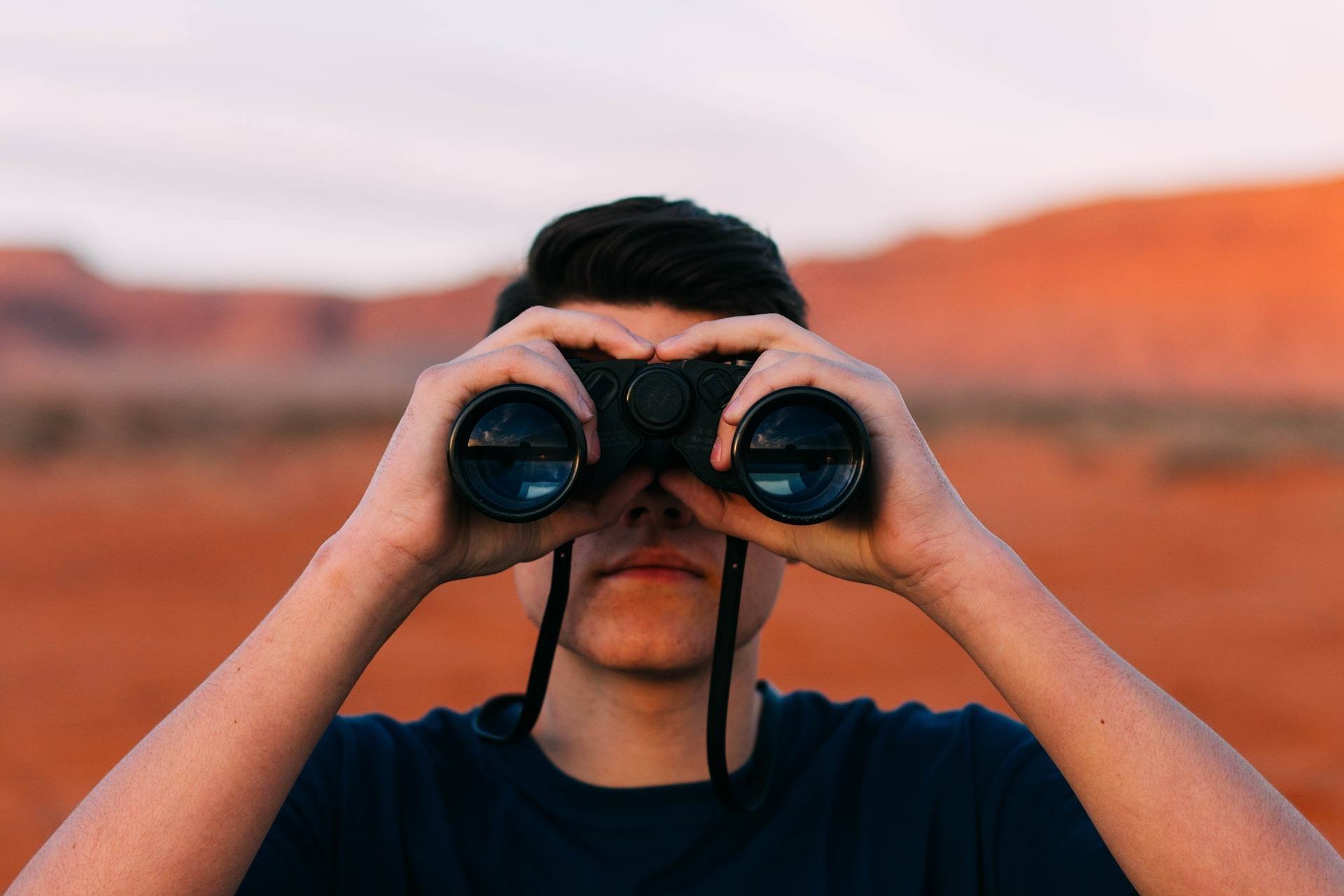
Travelling solo to Lebanon is probably best done by those who have a fair bit of travel experience under their belt. Outside of Beirut, things get a bit difficult; infrastructure isn’t well developed and you may be more than a little shocked if this is your first time!
If you’ve experienced solo travel in other countries, you know that it’s going to be a rewarding experience. Seeing a place at your own pace, meeting new people, learning about a culture, etc. But to help you, here are some pro tips for solo travellers in Lebanon.
- Get yourself a Lebanese sim card. They might be a little more expensive than you’re used to back home but they are definitely well worth it if you’re thinking of travelling to Lebanon by yourself. This allows you to keep in touch with people, call accommodation, restaurants, and keep track of where you are on maps. You know, the usual benefits of a phone.
- Get to know other travellers in Lebanon. There are meet-up groups, such as Travel Massive Beirut and weekly Couchsurfing meet-ups in the city, too. Have a look online and find the type of group that’s right for you.
- Keep your family up to date with where you are and what you’re up to. It’ll keep you connected, grounded in reality, and it’s ultimately SAFER when someone knows where you are.
- Use reputable hotels. Make sure you do your research and read reviews. Is the area sketchy? Are the staff awesome? Are the rooms gross? Is it secure? All that stuff. If it ticks all of your boxes then go ahead!
- Know emergency numbers. Keep them saved high up on your contacts too. Imagine scrolling through your phonebook in an emergency situation.
- Stay away from streets that look deserted. It’s probably a good way to get into trouble – day or night.
- Join a tour! Aside from all its other benefits, even for experienced travelers, Lebanon is going to be tough. Whilst Beirut will be fine, getting out into the rest of the country is going to be tricky. There’s a lack of accommodation, public transport, that sort of thing. So finding yourself a reputable tour company will definitely open up the country for you.
- Ask local people for insider knowledge. If anybody’s going to know the country, it’s going to be the people who live in it.
- Travel light. Limit yourself to one bag and don’t make it too heavy. If you’re travelling around, the last thing you need is a load of baggage.
If you’ve lived the backpacker lifestyle before, get stuck into Lebanon as a solo traveller! It may seem like a bit of an odd choice taking into account all the instability in the area, but don’t let that put you off.
Is Lebanon safe for solo female travellers?
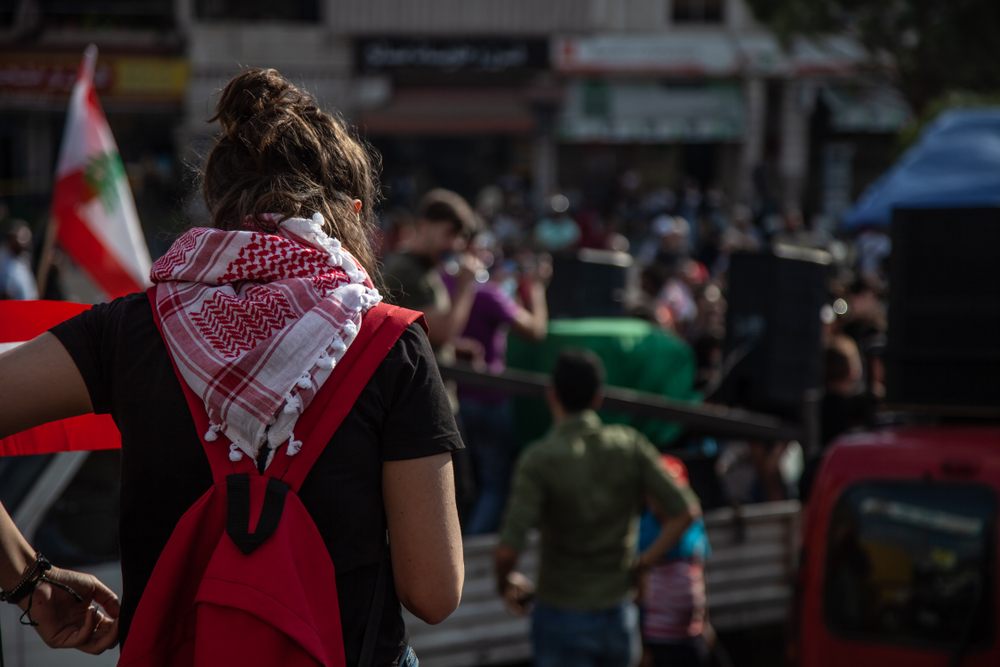
Surprisingly (for some of us), you can have an amazing time as a solo female traveller in Lebanon. It’s actually fairly easy as a solo female traveller here.
Lebanon feels part-European, part-Middle Eastern. That means the culture is generally quite relaxed – and there’s not even a lot of hassle from men here! But you may be concerned about your safety, so here are some tips to help with your travels.
- In Beirut, Western clothing is normal. You won’t have to wear traditional Middle Eastern style clothing at all. Skinny jeans, for example, are common. Other areas of the country might not be so liberal. Observe other women wherever you are and try to imitate (as best you can) how they’re dressed.
- The only time you need to wear a headscarf is when you go to religious sites, specifically mosques. Usually, you’ll be provided with something to cover your legs and arms too.
- When you get onto a bus, the front two rows are for women. Try to sit next to a woman if you can. It’ll just be more comfortable and appropriate for the situation.
- If you do drink (yes, there’s alcohol), drink responsibly. Don’t lose sense of where you are.
- If you get chatting to a man whilst you’re out and he seems overly interested in who you are, where you’re staying, and what you’re doing, don’t tell them.
- Harassment levels are low in Lebanon. However, that doesn’t mean that it won’t happen at all. If someone is bothering you, ignore them. If it gets too much – if you feel uncomfortable or that you are in actual danger – then draw attention to yourself.
- The best way to enjoy Lebanon with complete peace of mind is to book yourself onto a tour. This will make exploring the country so much easier.
- When you’re looking at booking accommodation for yourself, make sure it’s well-reviewed by other solo female travellers. That is going to be the best way to find something that fits you.
Loads of solo female travellers go to Lebanon and report back with amazing stories – the lack of harassment, lack of crime, lack of sketchiness, and the respect they get. Make sure to bring some clothes to go out in Beirut – it’s a party city alright!
Is Lebanon Safe For families?
Families can have a pretty good time in Lebanon. All the conflict surrounding the country aside, it’s actually a family-friendly destination.
Beirut, for example, has a whole lot of stuff going for it. Planet Discovery Children’s Museum, then there’s the Sanayeh Public Garden and the Beirut Waterfront – at 4.8 kilometres long, this makes for a perfect stroll with the kids.
In addition to all that there are beaches and beach resorts, complete with kids’ clubs.
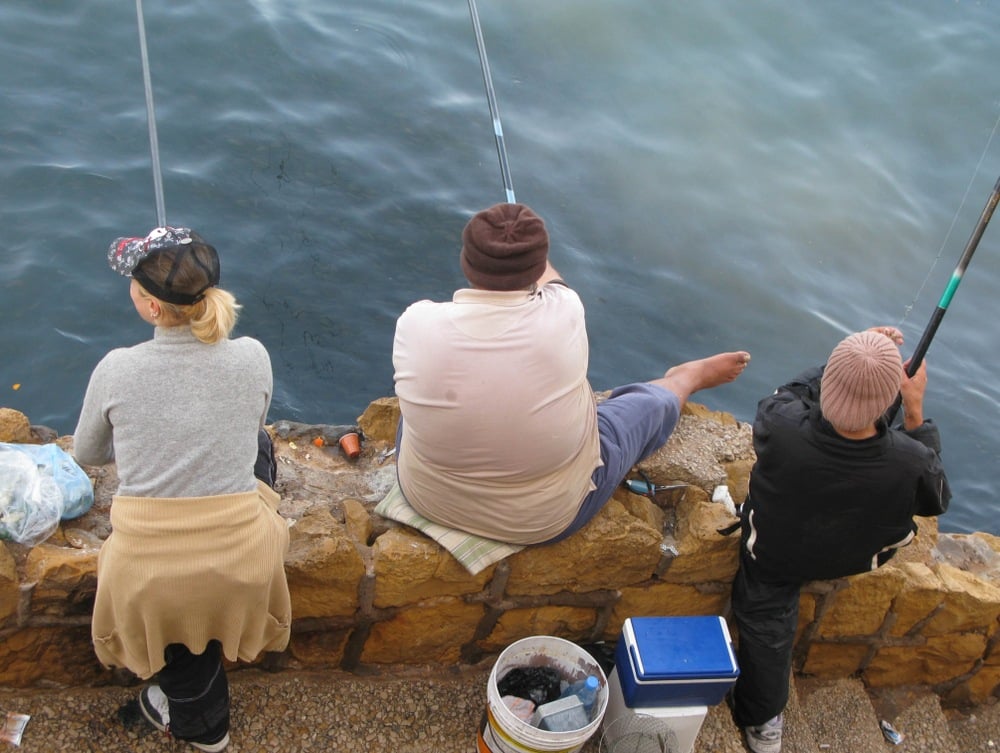
Summers are hot and humid. 300 days of sun, they say. This can be a little tricky with a small child. You’ll probably want to stay somewhere with a pool and air-con in the summer. Visit from September—October or April—May for less humidity and heat.
Obviously, cities can be overwhelming at any time, even without kids. So head out and explore what else the country has to offer. There’s tons of nature to discover in Lebanon!
Basically, Lebanon is pretty safe for families. No doubt you won’t be heading too far off the beaten track anyway, meaning that ‘unsafe’ areas of the country will be literally miles from your mind.
Getting Around Lebanon Safely
Most people will frequently use taxis for getting around. They’re relatively cheap, safe and trustworthy. Uber exists but actually comes with a warning. If you need to get somewhere, just stick an arm out!
That said, Lebanon’s public transport leaves a lot to be desired. Though limited, public transport is safe in Beirut.
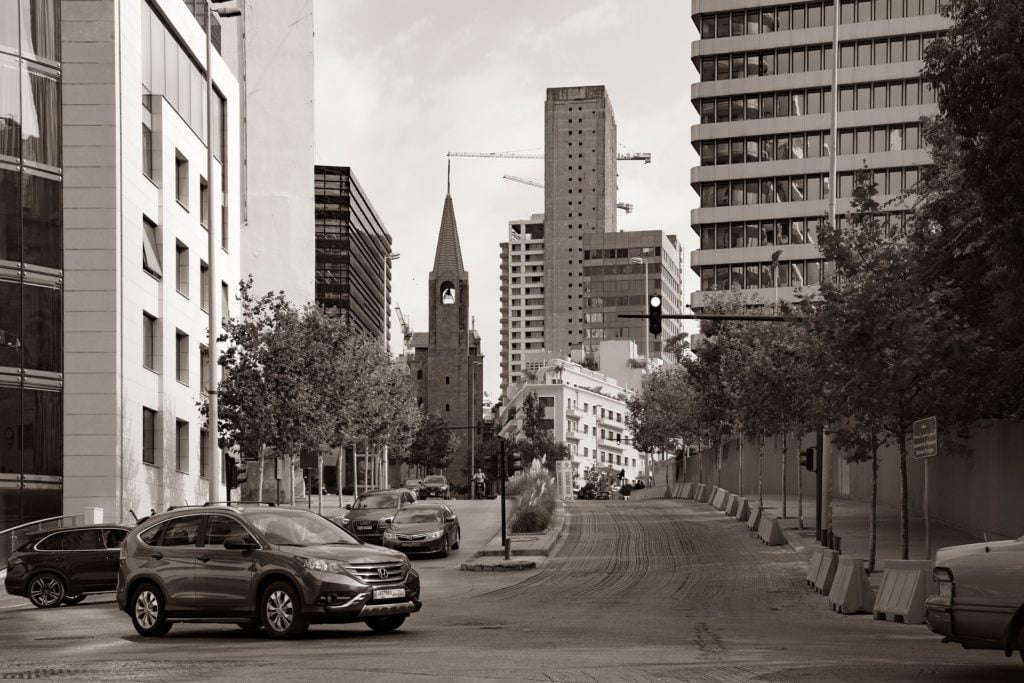
- Mini Buses: These ferry people around towns along certain routes. It’s the usual, pack-it-’till-it’s-full and then go.
- Government-run Buses: These tend to be safer than the minibusses and they’re also pretty cheap. They have red number plates and the destination shown (but only in Arabic)
- Long-distance Buses: Head to the inter-city bus station at Charles Helou Station (northbound) or Cola Station (southbound) to get one of these.
There is an ongoing project to map all the bus routes in Beirut which can help you get around. You might find it pretty handy.
If you want to drive in Lebanon, you’re going to have to be confident about it!
It’s the sort of country where the rules of the road just go out the window. Driving will be challenging – from the quality of the roads (crazy bends and potholes) to city traffic, and even military checkpoints.
Crime in Lebanon
Crime rates in Lebanon are actually very low. This is very promising, and also why we are still happy to tell people to go! However, government agencies are still cautious to give the green light. The U.K. government also highlights the risks posed by terrorist groups and the heightened tensions between Lebanon and Israel. I strongly advise listening to official travel guidance, but remember that governments have a large motive to cover their backs in these situations!
The U.S. travel authority rates Lebanon as a level 3 country, urging people to reconsider travel. They cite crime,?terrorism, armed conflict, civil unrest and kidnapping. However, they also rate South Africa as a level 2 country, despite the country having a much much much higher crime rate. Basically, stay away from Israel, Syria, and the dodgy part of Beirut, and you should be fine.
Laws in Lebanon
Since Lebanon is mostly Christian, laws here are much more relaxed when compared to other countries in the region. However, the Lebanese government is able to prosecute any so-called ‘sexual act against nature’, which sadly means the LGBTQ+ community should refrain from expressing affection. Drug punishments are particularly harsh too, so don’t get caught, or better still, don’t do drugs.
Children travelling without their fathers should have their guardian (or mother) carry written permission from the father. Sometimes questions are asked, and apparently, lots of mothers have difficulty overturning ‘travel bans’ imposed by their husbands.
Lebanon Travel Insurance
World Nomads’ mission is to support and encourage travellers to explore their boundaries. They offer simple & flexible travel insurance, and safety advice to help you travel confidently.
They’ve been doing it since 2002 – protecting, connecting, and inspiring independent travellers just like you.
Get a quote below or read our in-depth review!
FAQs on Lebanon’s Safety
Planning a safe trip to Lebanon can be a little overwhelming. To help you out, we’ve listed the most common questions people ask about staying safe in Lebanon.
So, is Lebanon Safe?
As long as you’re not actively seeking out an actual warzone, chances are you’re going to be safe. Very safe in fact. That being said, you should still use your common travel sense.
Saying you’re going anywhere near Syria at the moment is going to make people think you’re crazy. We don’t think you’re crazy though.
Lebanon itself, though small and pretty much engulfed on all sides by super volatile situations, is safe. It’s a tolerant, open society with Western ideals, where it’s majority Christian, with the next biggest religion being Islam and there are still another 16 official religions of the country!
Lebanon is friendliness, openness, tolerance, and fun combined with cool history and landscapes.
Terrorist attacks aside – because these happen in alarming rates in Western countries too – Lebanon is a refreshing anomaly of the Middle East. It may not have great infrastructure thanks to its previous conflict, but that’s in the past.
The future of Lebanon is a good one. It’s got a lot going for it.
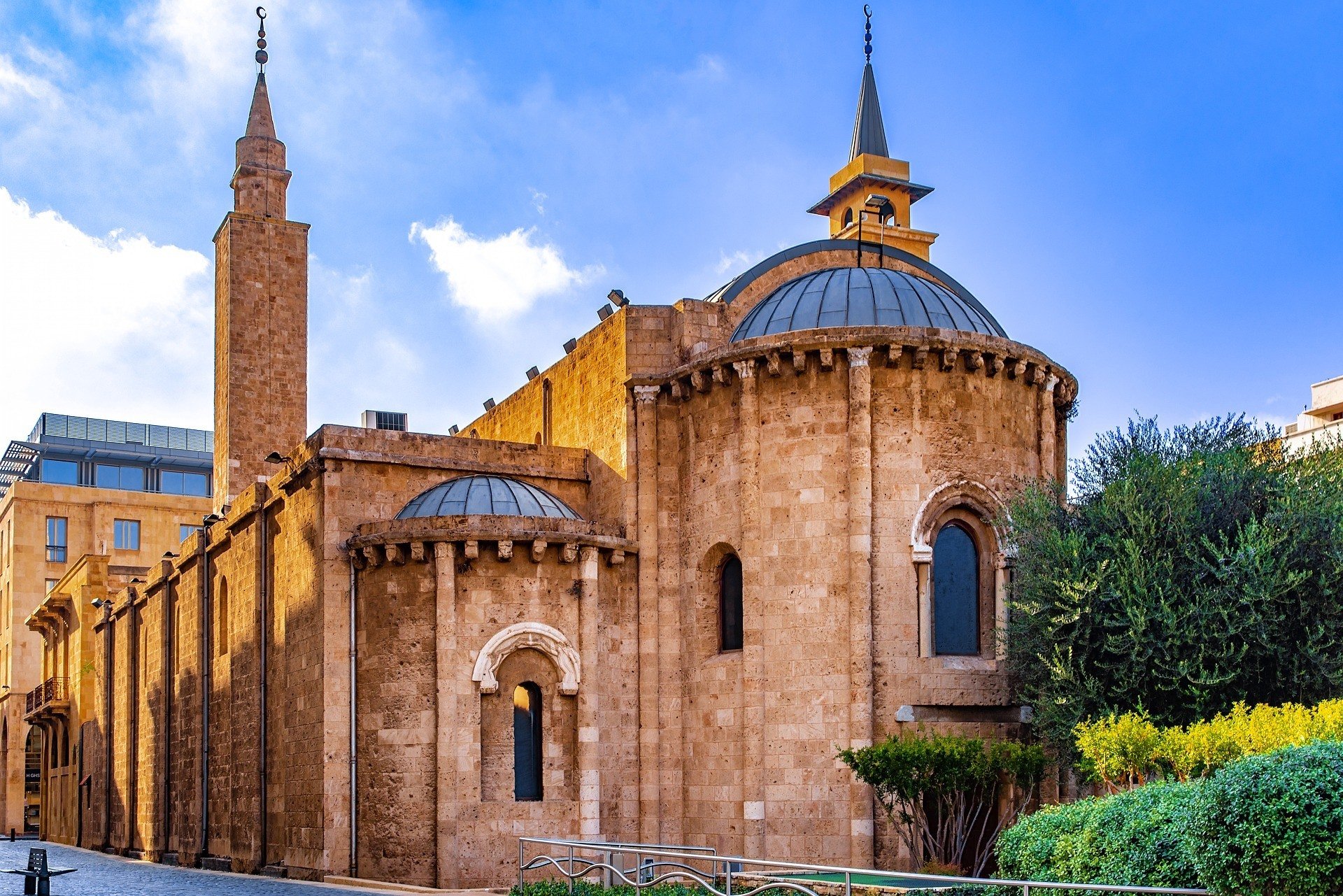
Disclaimer: Safety conditions change all over the world on a daily basis. We do our best to advise but this info may already be out of date. Do your own research. Enjoy your travels!

And for transparency’s sake, please know that some of the links in our content are affiliate links. That means that if you book your accommodation, buy your gear, or sort your insurance through our link, we earn a small commission (at no extra cost to you). That said, we only link to the gear we trust and never recommend services we don’t believe are up to scratch. Again, thank you!


